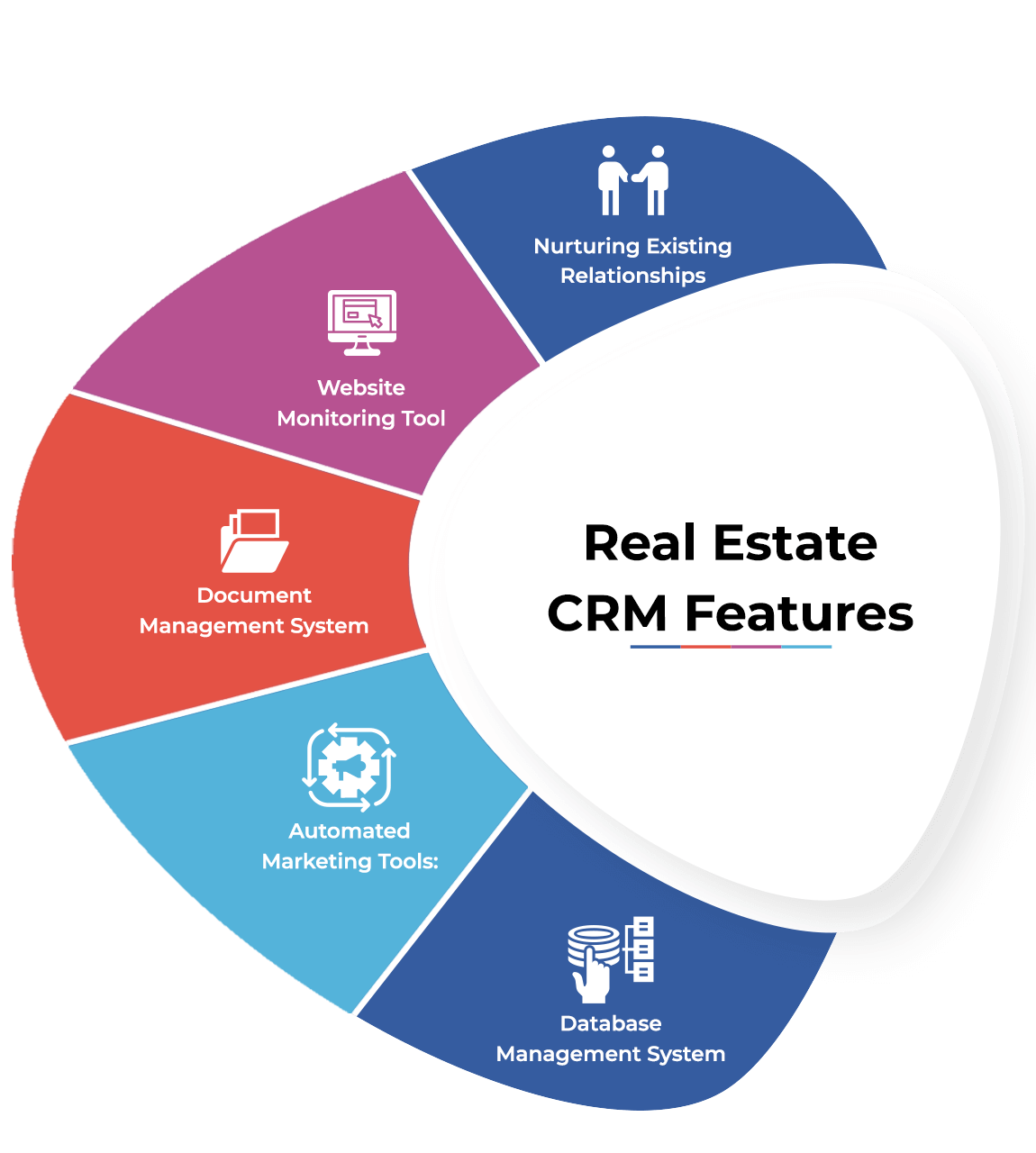In today’s competitive real estate landscape, success is no longer just about closing deals—it’s about managing client relationships, tracking leads, and offering seamless online experiences. For agents and brokerages, combining a Real Estate CRM (Customer Relationship Management) system with a dynamic website is one of the most effective ways to attract, nurture, and convert potential buyers and sellers.
This article explores how integrating a CRM with a real estate website can transform how real estate professionals operate, from lead capture to client retention.
Why Real Estate Professionals Need a CRM and Website Integration
Real estate is a relationship-driven business. Realtors manage dozens—or even hundreds—of leads, listings, and ongoing conversations daily. Without the right tools, it becomes nearly impossible to keep track of interactions, preferences, and timelines.
Here’s why integrating your CRM with your website is a game changer:
-
Automated lead capture from property inquiries
-
Real-time communication with website visitors
-
Centralized contact management and follow-ups
-
Behavior tracking to understand buyer interest
-
Improved marketing and campaign targeting
Together, a website and CRM provide an end-to-end system for both front-end user experience and back-end operational efficiency.
Features to Look for in a Real Estate CRM
A real estate-specific CRM offers tools tailored to property professionals. Key features include:
-
Lead and Contact Management: Store and organize leads with notes, preferences, and communication history.
-
Pipeline and Deal Tracking: Visualize where each lead is in the buying or selling journey.
-
Email and SMS Automation: Send property updates, follow-ups, and appointment reminders automatically.
-
Calendar and Task Management: Schedule showings, calls, and follow-ups.
-
MLS Integration: Sync listings directly into your CRM.
-
Marketing Campaign Tools: Segment audiences and send targeted property alerts.
-
Reporting and Analytics: Understand which sources and properties are generating the most engagement.
What Makes a Great Real Estate Website
Your website is your digital storefront. It must not only showcase properties but also offer intuitive navigation and ways for users to engage.
Essential features:
-
IDX/MLS Integration: Display up-to-date property listings.
-
Responsive Design: Fully functional on desktop, tablet, and mobile devices.
-
Advanced Search Filters: Help users quickly find properties based on location, price, type, etc.
-
Lead Capture Forms: Include contact forms, newsletter sign-ups, and showing request options.
-
Live Chat or Virtual Assistant: Engage prospects in real time.
-
Blog and Content Hub: Build trust and SEO visibility with real estate tips and market insights.
-
Client Testimonials: Showcase social proof from past buyers and sellers.
When integrated with a CRM, your website becomes more than just a brochure—it becomes a lead-generation engine.
How CRM and Website Integration Works
When a visitor fills out a form on your website—whether it’s a request for a showing or a downloadable buyer’s guide—their data should automatically sync with your CRM. From there:
-
A lead profile is created in your CRM.
-
The lead is assigned to an agent based on availability or location.
-
Automated emails or texts are sent to the lead with property suggestions or confirmations.
-
Agents track interactions and schedule follow-ups.
-
Marketing campaigns target the lead with listings matching their preferences.
This smooth, automated workflow ensures no opportunity falls through the cracks and that every prospect feels personally attended to.
Top CRM and Website Solutions for Real Estate
Here are some of the leading platforms that offer real estate CRM and website integration:
1. BoomTown
An all-in-one platform offering IDX websites, lead gen tools, and a powerful CRM tailored for real estate teams.
2. kvCORE
A scalable solution with a smart CRM, IDX websites, behavioral automation, and multi-channel marketing tools.
3. Real Geeks
Affordable and popular among solo agents and small teams, with a solid CRM and lead-generating websites.
4. Chime
Known for its AI-driven CRM, sleek website builder, and robust reporting tools.
5. LionDesk + WordPress
A flexible setup where LionDesk’s CRM can be integrated with a custom-built WordPress real estate website using plugins and APIs.
Benefits of a Unified CRM and Website Strategy
-
Save Time: Automation handles repetitive tasks, freeing agents to focus on high-value interactions.
-
Improve Follow-Up: Timely responses improve the chances of converting inquiries into clients.
-
Enhance Lead Nurturing: Targeted campaigns based on user behavior and interests build long-term trust.
-
Data-Driven Insights: Track what works and refine your marketing and sales strategy accordingly.
-
Increase Conversions: Personalized communication and seamless user experiences drive more deals.
Final Thoughts
Combining a real estate CRM and website is no longer optional—it’s essential for staying competitive in a digital-first market. The right integration helps you provide better service, stay organized, and ultimately close more deals.
Whether you’re a solo agent, part of a growing team, or leading a large brokerage, investing in this digital infrastructure pays off by turning your online presence into a high-performing client acquisition and relationship management tool.
